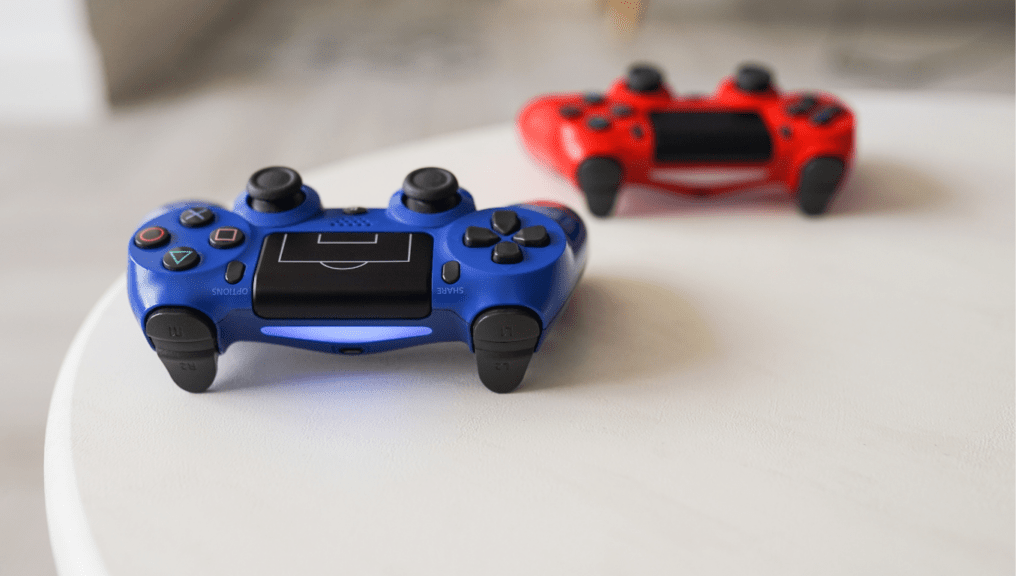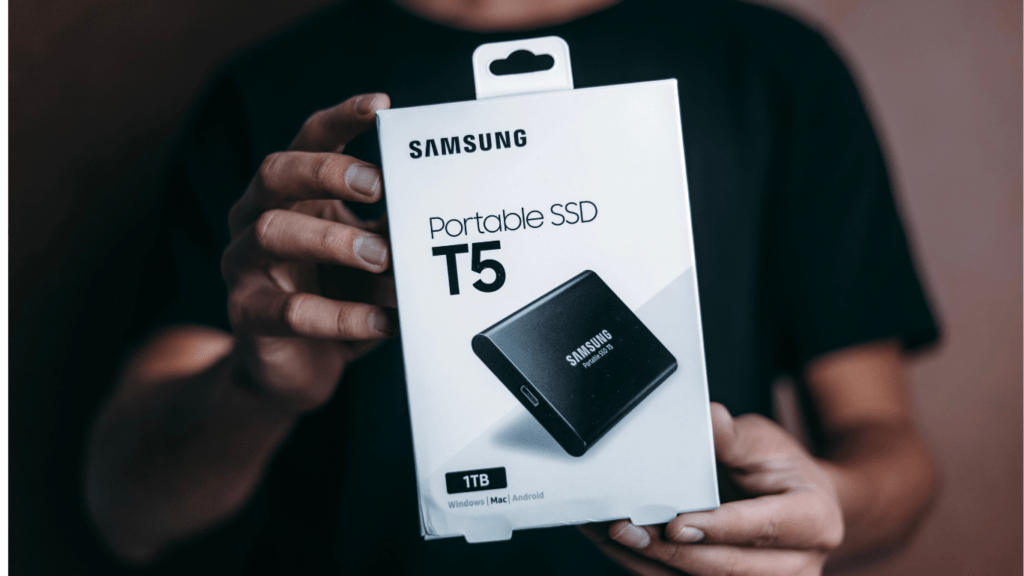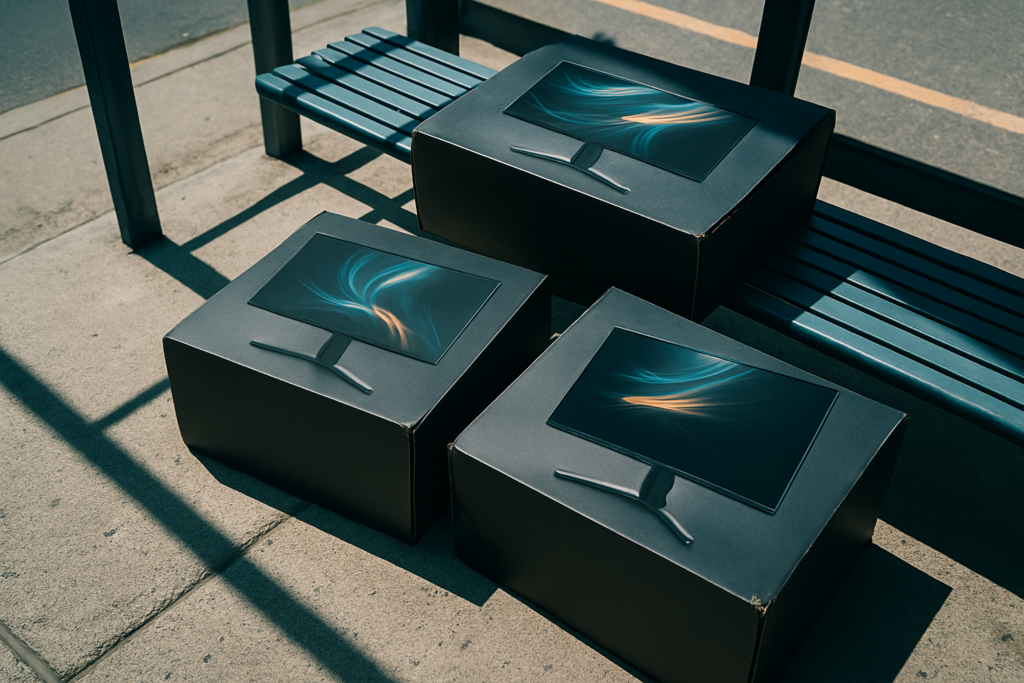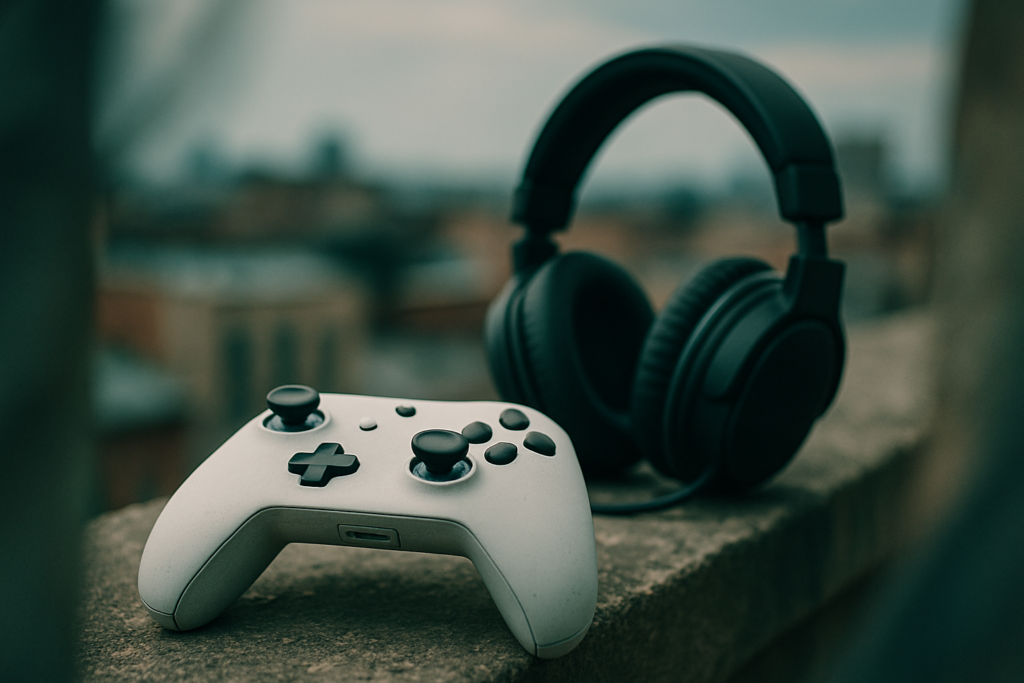Understanding SSD Technology
What Is an SSD?
An SSD, or Solid State Drive, is a type of storage device that uses integrated circuit assemblies to store data persistently.
Unlike traditional hard drives (HDDs) that use spinning disks, SSDs lack moving parts, resulting in faster data retrieval and improved durability.
SSDs rely on NAND-based flash memory, allowing quick access to stored data, significantly benefiting tasks requiring high-speed data operations such as gaming.
SSD vs HDD: Key Differences
Speed: SSDs offer dramatically faster data access speeds than HDDs.
While HDDs leverage rotating disks, limiting their read/write speeds, SSDs use flash memory, enabling rapid data access. For example, SSDs can read data at speeds upward of 500 MB/s, whereas HDDs typically cap around 150 MB/s.
Durability: SSDs provide enhanced durability due to their lack of mechanical parts. HDDs, with their spinning disks and movable read/write heads, are susceptible to physical shock and wear and tear.
Power Efficiency: SSDs consume significantly less power compared to HDDs. This efficiency makes them ideal for laptops and gaming consoles, extending battery life and reducing electricity costs.
Noise: Since SSDs don’t have moving parts, they operate silently. Conversely, HDDs produce noise due to spinning disks and moving read/write heads.
Form Factor: SSDs come in various form factors such as 2.5-inch, M.2, and U.2, offering flexibility in installation. HDDs are generally limited to larger 3.5-inch and 2.5-inch sizes.
The Impact of SSDs on Gaming Load Times
How SSDs Reduce Load Times
Solid State Drives (SSDs) use NAND-based flash memory, allowing data to be accessed almost instantaneously.
Unlike Hard Disk Drives (HDDs), which rely on spinning disks and mechanical arms to read/write data, SSDs have no moving parts.
This fundamental difference in technology enables SSDs to retrieve game assets, textures, and levels significantly faster.
When loading a game, SSDs can reduce initialization times because they read data in parallel clusters rather than sequentially.
Comparing Load Times: SSDs vs HDDs
SSDs dramatically cut down the time it takes to load games compared to HDDs. For instance, GTA V, which takes around 90 seconds to load on an HDD, loads in about 25 seconds on an SSD. Here’s a comparison:
| Game | SSD Load Time (seconds) | HDD Load Time (seconds) |
|---|---|---|
| GTA V | 25 | 90 |
| The Witcher 3 | 20 | 65 |
| Skyrim | 15 | 50 |
These numbers show a consistent improvement in load times. With quicker load times, gamers experience fewer interruptions and a more seamless gameplay experience.
SSDs and Overall Gaming Performance
Enhancements in Game Performance with SSDs
SSDs enhance game performance by drastically reducing load times and improving asset streaming. Games load faster as SSDs read data at speeds exceeding 500 MB/s, compared to HDDs’ 50-120 MB/s. This speed boost eliminates long waits during game launches and level transitions.
Game textures, maps, and assets load swiftly, resulting in smoother frame rates.
Open-world games see remarkable improvements, as SSDs enable quicker rendering of large environments.
The reduction in hitching and stuttering further enhances gameplay immersion.
Multiplayer games benefit significantly from SSDs.
Faster load times mean quicker entry into matches and reduced wait times between rounds. SSDs also support quicker patching and updates, streamlining the gaming experience.
SSDs in Next-Generation Gaming Consoles

Next-generation gaming consoles, like the PlayStation 5 and Xbox Series X, incorporate SSDs to leverage their advantages for gaming performance.
These consoles use custom SSD solutions that exceed 2 GB/s data transfer rates, drastically reducing load times and enabling seamless transitions within games.
SSD integration in these consoles supports features like instant game switching, allowing players to jump between multiple games without long load times.
Games designed for next-gen consoles utilize SSD capabilities for complex environments and faster game mechanics.
SSDs also facilitate quicker installation and updates, reducing downtime and increasing game accessibility.
Players see enhancements in both single-player and multiplayer experiences due to these advancements in storage technology.
By focusing on SSDs, next-generation consoles ensure that games perform at their best, providing gamers with a more immersive and responsive experience.
Choosing the Right SSD for Gaming
Factors to Consider When Buying an SSD for Gaming
Selecting the right SSD can enhance gaming performance. Here are key factors to consider:
- Storage Capacity: Aim for at least 500GB to accommodate multiple modern titles and essential files. Popular games (e.g., Call of Duty: Warzone, Red Dead Redemption 2) often require over 100GB each.
- Read/Write Speeds: Look for SSDs with high read/write speeds. An SSD with 3,500MB/s read and 3,000MB/s write speeds considerably reduces load times.
- Form Factor: Select between 2.5-inch, M.2, or NVMe SSDs. M.2 and NVMe are suitable for high-performance gaming, thanks to their superior speeds.
- Durability and Endurance: Check the TBW (Terabytes Written) rating. Higher TBW ensures longevity, crucial for long-term gaming setups.
- Interface: Use SSDs with PCIe over SATA. PCIe offers faster data transfer rates (up to 6 times faster than SATA).
Choosing an SSD with these factors in mind optimizes gaming load times and performance improvements.
Recommended SSDs for Optimal Gaming Performance
Here are top SSD recommendations that deliver peak gaming performance:
- Samsung 970 EVO Plus: Offers up to 3,500MB/s read and 3,300MB/s write speeds, with up to 1TB storage. Great for intensive gaming and multitasking.
- Western Digital Black SN850: NVMe SSD with 7,000MB/s read and 5,300MB/s write speeds. Ideal for next-gen gaming consoles and PCs.
- Crucial P5: Affordable yet high-performing SSD with 3,400MB/s read and 3,000MB/s write speeds. Suitable for both casual and hardcore gamers.
- Sabrent Rocket 4 Plus: Delivers up to 7,000MB/s read and 6,850MB/s write speeds. Perfect for gamers needing top-tier performance.
- Kingston KC2500: Combines 3,500MB/s read and 2,900MB/s write speeds, offering a balanced mix of performance and price.
Investing in one of these SSDs ensures reduced load times, faster asset streaming, and enhanced overall gaming experience.


 Darcy Cazaly is a key contributor at Infinity Game Saga, where he brings his expertise to the world of gaming journalism. As a dedicated member of the team, Darcy focuses on delivering in-depth articles and insightful analyses that cover a broad range of topics within the gaming industry. His work includes exploring the latest trends, dissecting game mechanics, and providing thorough reviews of new releases.
Darcy's commitment to high-quality content ensures that readers receive accurate and engaging information about the evolving gaming landscape. His writing not only informs but also enriches the gaming experience for the community, offering valuable perspectives and up-to-date news. Through his contributions, Darcy helps bridge the gap between gamers and the dynamic world of gaming technology and trends, making him an essential part of the Infinity Game Saga team.
Darcy Cazaly is a key contributor at Infinity Game Saga, where he brings his expertise to the world of gaming journalism. As a dedicated member of the team, Darcy focuses on delivering in-depth articles and insightful analyses that cover a broad range of topics within the gaming industry. His work includes exploring the latest trends, dissecting game mechanics, and providing thorough reviews of new releases.
Darcy's commitment to high-quality content ensures that readers receive accurate and engaging information about the evolving gaming landscape. His writing not only informs but also enriches the gaming experience for the community, offering valuable perspectives and up-to-date news. Through his contributions, Darcy helps bridge the gap between gamers and the dynamic world of gaming technology and trends, making him an essential part of the Infinity Game Saga team.
